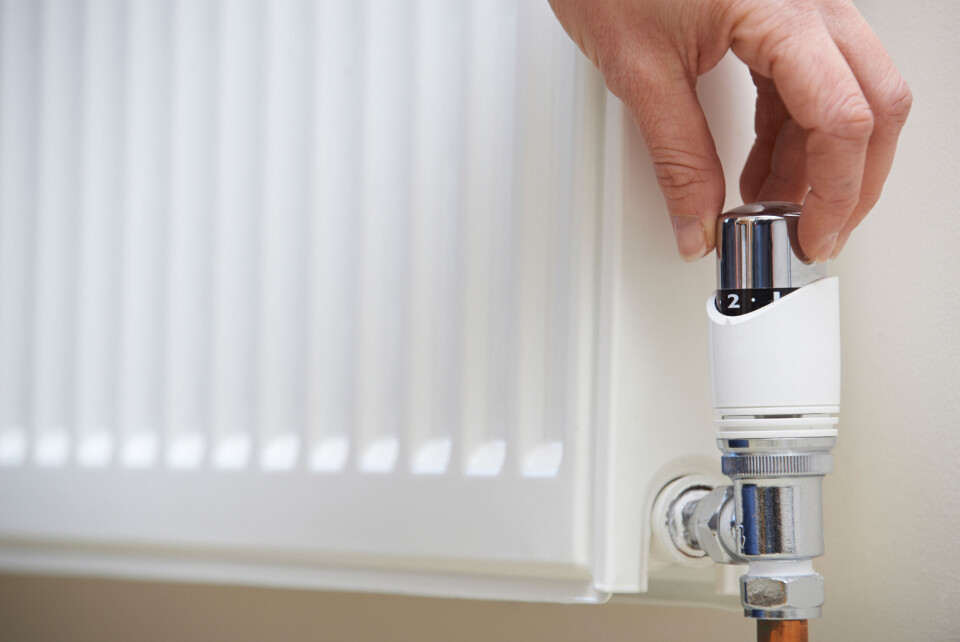-
White storks make strong return in France via nest ‘platforms’ and clipped wings
The Ligue pour la Protection des Oiseaux shares the conservation challenges in saving these birds from extinction
-
Hosting scheme in south-west France lets newcomers sample lifestyle
Households in nine Dordogne communes volunteer under Mes Nouveaux Voisins scheme
-
French boulangeries demand right for staff to work on May 1 so they can open
Artisan bakery owners can work but employees cannot, while certain industrial bakeries are allowed to remain open with workers
French energy tariff freeze: public may face rises of 8% next year
Bills could increase to repay energy companies for what they have spent to keep consumer costs capped this year

People in France are likely to see their energy bills increased when the current tariff cap ends to return the funds spent to keep customer costs down this year.
An added charge designed to gradually compensate suppliers for the money they have spent so far in maintaining its bouclier tarifaire energy price freeze will be applied from February 2023 and be spread over two or three years, Le Parisien reports.
The cost of the price cap has so far been shouldered largely by the government but also by energy providers, which have had to sell their supplies for less than it cost to buy them.
When the price cap was first announced in September 2021, the government suggested that it would not impact prices later down the line.
Finance Minister Bruno Le Maire said on January 14: “There will be no tariff ‘catch up’ causing a new price rise in 2023. It will be the state and EDF who will absorb the cost of this measure.”
However, this was before the beginning of the war in Ukraine, which has caused prices to continue rising when the government had expected them to plateau and fall.
The bouclier tarifaire, which will stay in place until the end of the year, has meant that electricity rates have been capped at a 4% rise – rather than 44.5% – and a freeze on regulated gas tariffs, which would otherwise have increased by 80%, the government has said.
However, in a decision made public today (May 30), the Commission de régulation de l’énergie (CRE), the independent administrative body in charge of regulating the French electricity and gas markets, has resolved that the population would have to contribute to the cost of this price freeze.
This is because energy suppliers have been investing funds in order to keep customer prices low and will need to be repaid from next year.
Smaller operators have been given around €13.86 per megawatt hour (MWh) of energy output, but bigger providers have had to absorb the increased costs.
It is thought that consumer tariffs will need to be increased by 8% in 2023 in order to reimburse suppliers, according to Le Parisien.
“Considering the scale [of the repayment needed], we envisage that the [added costs] will be spread out over two or three years. The law allows that possibility,” a government source told the newspaper.
This has been met with criticism by consumer organisations, with François Carlier of Consommation, logement et cadre de vie (CLCV) telling Le Parisien: “The CRE is choosing to increase prices once again so that suppliers can maintain comfortable margins. All of this weighs on households, and because of a bad bet.”
So far, the bouclier tarifaire is estimated to have cost the state approximately €8billion with regards to electricity and €6.5billion with regards to gas.
Related articles
France should ‘no longer need Russian gas within three to four years’
How to heat your home through France’s district heating network
EDF to sell more cheap electricity to competitors to keep prices low
























